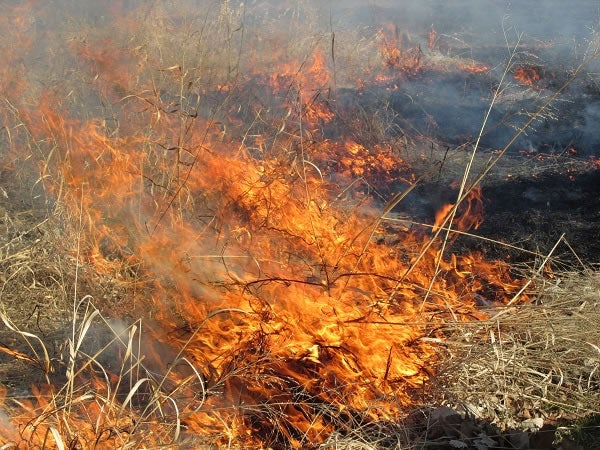Pipeline review request nixed
Published 12:03 pm Wednesday, December 23, 2015
Supervisors in Buckingham will not support a Programmatic Environmental Impact Statement (PEIS) review of four proposed natural gas pipeline projects in Virginia — including the 550-mile Atlantic Coast Pipeline, which is planned to span the county.
Only District Five Supervisor Cassandra Stish supported the resolution from The Sierra Club — a group opposed to the proposed pipeline — which called on the Federal Energy Regulatory Commission (FERC) to require the statement.
According to Kirk Bowers, a representative of the Virginia Chapter of the Sierra Club, the review would address the cumulative impacts of the ACP, the Mountain Valley Pipeline, the Appalachian Connector Pipeline and W.B. Express Project.
“The purpose of the PEIS is to evaluate development of gas infrastructure projects, development and implement agencies specific programs and guide establishment of environmental policy and mitigation strategies for the proposed gas transmission projects,” he said in an email to County Administrator Rebecca S. Carter.
The basic goal of the review is to allow FERC to assess needs for the proposed projects, he said.
District Two Supervisor Donnie Bryan, District Three Supervisor E.A. “Bill” Talbert, District Four Supervisor John Staton and District Six Supervisor Joe Chambers Jr. opposed the measure. District Seven Supervisor and Board Chairman Danny Allen abstained.
The ACP is being proposed by a joint venture led by Dominion and would see natural gas transported from West Virginia to Virginia and North Carolina. A 42-inch pipe is slated to travel through Buckingham, Cumberland and Prince Edward counties should the project pass federal muster.
“We, the board of supervisors … petition the [FERC] to require a Programmatic Environmental Impact Statement (PEIS) that addresses the cumulative impacts of pipeline development in the Blue Ridge and Application Mountain Region of Virginia and West Virginia,” the failed resolution read.
Sitting in the audience, Friends of Buckingham spokeswoman Kenda Hanuman called the action “pathetic” after the board voted. “I’m ashamed to live in Buckingham County,” she said from the gallery.
Bowers, who serves as the pipelines program manager for The Sierra Club’s Virginia Chapter, said “Virginia is just the tip of the iceberg. There are only four [proposed] pipelines in Virginia, but there are 17 overall in the region. That’s a lot of pipelines. How do we know we need these pipelines? That need has not been assessed yet by any of the principals involved in this pipelines.”
According to the resolution, under the National Environmental Policy Act, a federal agency must evaluate the impacts of several related projects with cumulative impacts proposed or reasonably foreseeable in the same geographic region in a single, comprehensive, regional environmental impact study.
The National Gas Act gives FERC direction to deny any application not “required by the present or future public convenience and necessity,” the resolution read.
“The projects would all impact the same geographic region on the same schedule … All three pipelines intend to deliver natural gas from the Marcellus Shale to the Southeastern United States. In light of their objectives, their location and their timing, [the projects] have the potential for numerous cumulative impacts.”
“What we’re seeing is a rapid development in deployment of renewables,” Bowers said, “including in this county with the solar farm … In 15 years, you’re going to see pretty much renewables [as] the primary source of energy generation in this country.”
“Getting rid of these pipelines is one of those issues,” he said.
“This, to me, sounds reasonable,” Stish said.
“We have a commonwealth here, and the commonwealth is facing several large infrastructure projects being all proposed simultaneously. They could be duplicative. They definitely have a cumulative impact that could be significant.”
After inquiring how members of FERC — the federal body that approves such proposed natural gas projects — Staton said, “My problem here is, I tell people I have no power in this. And this board has no power in this. And nobody believes us … This is important, I grant you, but we have no avenue here to proceed.”
“I think it does amount to more than a hill of beans here in our community that we take action on something like this. It’s important,” Stish responded.
“Drops make oceans. By continuing to ask for things that eventually it’s heard and one more voice certainly doesn’t hurt. I don’t think that lending our support for something that, to me, is reasonable in this boom America is facing … If FERC is not looking at these things programmatically, they are well and good behind the eight ball.”
Stish’s motion to pass the resolution didn’t garner a second.
“Do this for your citizens of your county,” Bowers said.





